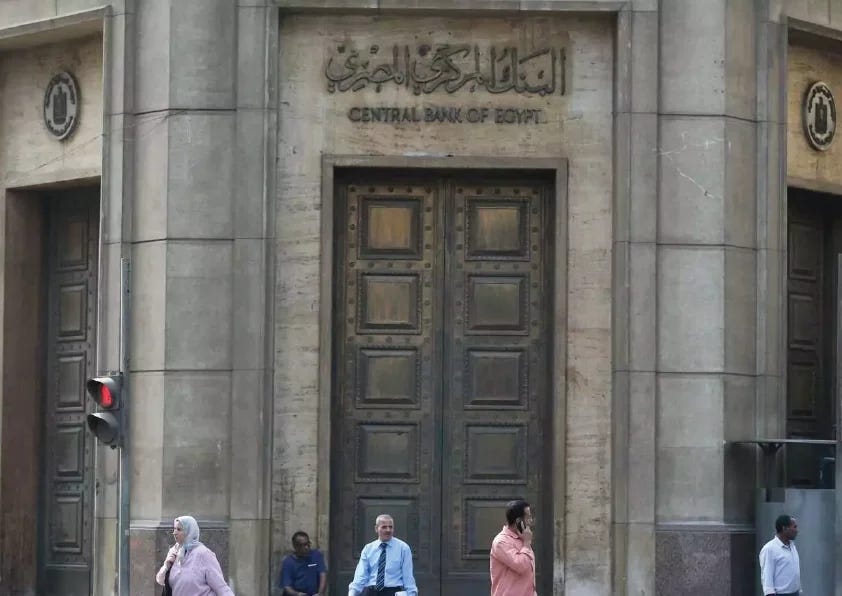Egypt's Central Bank Issues Key Regulations for Payment System Operators and Service Providers
The Central Bank of Egypt (CBE) has released comprehensive regulations for Payment System Operators (PSO) and Payment Service Providers (PSP), establishing a clear framework for licensing and operating in the country's digital payments sector. This move aims to streamline the industry, enhance security, and foster innovation under the new Banking Law.
Understanding the New Regulations
These regulations, issued by the CBE, are designed to govern and license entities involved in the operation of payment systems and the provision of payment services within Egypt. They cover a wide range of activities crucial to the digital payment ecosystem, including clearing, settlement, and various retail payment services.
Who is Affected?
The new rules directly impact all existing and aspiring Payment System Operators and Payment Service Providers in Egypt. This includes companies managing payment networks, gateways, mobile payment solutions, electronic wallets, and other related services. Fintech startups operating or planning to launch payment-related services in the Egyptian market are particularly affected and must now navigate this new licensing and compliance landscape.
Key Requirements Outlined
While the full details are extensive, the core requirements highlighted include:
A mandatory licensing process for all PSOs and PSPs.
Adherence to specific technical standards and infrastructure requirements.
Strict security protocols to protect transactions and data.
Robust governance frameworks and risk management practices.
Measures for consumer protection and dispute resolution.
These requirements aim to ensure the stability, reliability, and security of Egypt's payment infrastructure.
Implications for Fintechs in MENA
For fintech companies, especially those looking at Egypt as a growth market within MENA, these regulations signify a maturation of the regulatory environment. While requiring compliance and potentially increased operational overhead for licensing and meeting standards, the clear framework can also provide a level playing field, build trust in digital payments, and potentially attract further investment by reducing regulatory uncertainty. Startups must now prioritize understanding these rules and ensuring their business models and technology stacks are compliant.
About the Central Bank of Egypt (CBE)
The Central Bank of Egypt (CBE) is the monetary authority of Egypt. Established in 1961, it is responsible for formulating and implementing Egypt's monetary, credit, and banking policies. Its mandates include ensuring price stability, regulating banks, managing foreign reserves, and overseeing the national payment systems. The issuance of these regulations falls under its purview as the key regulator of the financial sector.
Looking Ahead
The implementation of these regulations is a significant step for Egypt's digital economy. It signals a strong governmental push towards a more formalized and secure digital payment landscape. While presenting challenges related to compliance for businesses, it is expected to pave the way for sustainable growth, increased financial inclusion, and further innovation in the long term by creating a more stable and trustworthy environment for digital transactions. Fintech companies operating in Egypt will need to adapt swiftly to the new regulatory demands.
Source: Waya Media


